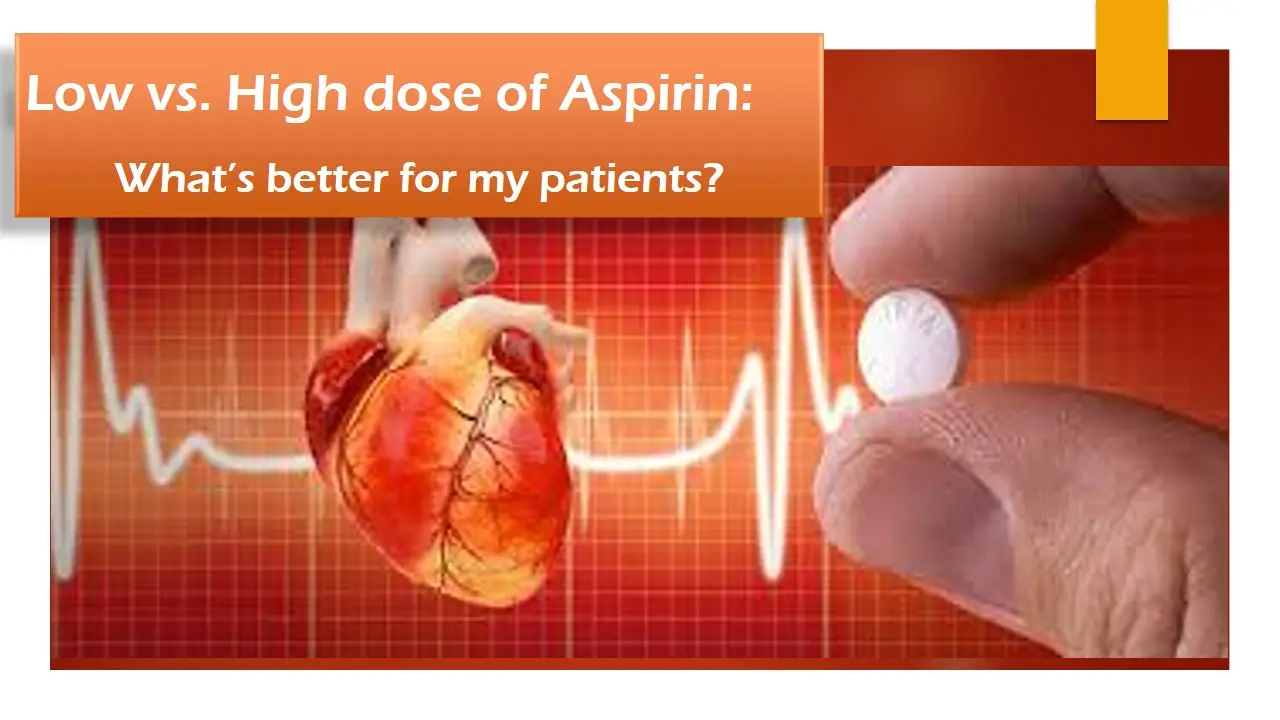- Home
- Medical news & Guidelines
- Anesthesiology
- Cardiology and CTVS
- Critical Care
- Dentistry
- Dermatology
- Diabetes and Endocrinology
- ENT
- Gastroenterology
- Medicine
- Nephrology
- Neurology
- Obstretics-Gynaecology
- Oncology
- Ophthalmology
- Orthopaedics
- Pediatrics-Neonatology
- Psychiatry
- Pulmonology
- Radiology
- Surgery
- Urology
- Laboratory Medicine
- Diet
- Nursing
- Paramedical
- Physiotherapy
- Health news
- Fact Check
- Bone Health Fact Check
- Brain Health Fact Check
- Cancer Related Fact Check
- Child Care Fact Check
- Dental and oral health fact check
- Diabetes and metabolic health fact check
- Diet and Nutrition Fact Check
- Eye and ENT Care Fact Check
- Fitness fact check
- Gut health fact check
- Heart health fact check
- Kidney health fact check
- Medical education fact check
- Men's health fact check
- Respiratory fact check
- Skin and hair care fact check
- Vaccine and Immunization fact check
- Women's health fact check
- AYUSH
- State News
- Andaman and Nicobar Islands
- Andhra Pradesh
- Arunachal Pradesh
- Assam
- Bihar
- Chandigarh
- Chattisgarh
- Dadra and Nagar Haveli
- Daman and Diu
- Delhi
- Goa
- Gujarat
- Haryana
- Himachal Pradesh
- Jammu & Kashmir
- Jharkhand
- Karnataka
- Kerala
- Ladakh
- Lakshadweep
- Madhya Pradesh
- Maharashtra
- Manipur
- Meghalaya
- Mizoram
- Nagaland
- Odisha
- Puducherry
- Punjab
- Rajasthan
- Sikkim
- Tamil Nadu
- Telangana
- Tripura
- Uttar Pradesh
- Uttrakhand
- West Bengal
- Medical Education
- Industry
Low and high dose Aspirin equally effective for preventing major CV events, ADAPTABLE study

The appropriate dose of aspirin to lower the risk of death, myocardial infarction, and stroke and to minimize major bleeding in patients with established atherosclerotic cardiovascular disease is a subject of controversy. The European Society of Cardiology currently recommends low-dose aspirin for patients with stable ASCVD, but the ACC/AHA clinical guidelines do not take a definitive stance on aspirin dosage in such patients.
Jones et al have now reported in NEJM the results of ADAPTABLE study according to which low-dose (81mg) aspirin is just as effective as using the 325-mg dose for the prevention of major cardiovascular events, and both doses are associated with a very low rate of bleeding.
Using an open-label, pragmatic design, the trial set out to determine whether there is any meaningful difference between 81 mg and 325 mg of daily aspirin when taken for the secondary prevention of atherosclerotic vascular disease. The primary efficacy outcome was a composite of death from any cause, hospitalization for myocardial infarction, or hospitalization for stroke, and the primary safety outcome was hospitalization for major bleeding.
During a median of 26.2 months of follow-up, there were no significant differences between the two aspirin doses, either in the risk of death from any cause, hospitalization for myocardial infarction, or hospitalization for stroke (estimated percentage, 7.28% in the 81-mg group and 7.51% in the 325-mg group) or in the risk of hospitalization for major bleeding (estimated percentage, 0.63% in the 81-mg group and 0.60% in the 325-mg group).
The rates of major bleeding requiring blood-product transfusion were 0.63% and 0.60% with the 81-mg and 325-mg doses, respectively.
Still, there are some question marks around the reliability of these new findings, particularly given the high rate of crossover from the high- to low-dose aspirin groups.
"The results showed there was no difference between the 81-mg and 325-mg doses," lead investigator W. Schuyler Jones, MD (Duke University Medical Center, Durham, NC), told TCTMD. "There was some dose-switching in the 325-mg group which does make it a little bit tough to figure out the absolute correct answer, but we think, in general, that this answers the question, especially for the majority of patients. For those on the 81-mg dose, they should continue with 81 mg of daily aspirin."
Lessons that were learned from this pivotal demonstration trial include the feasibility of identifying a large cohort of eligible patients; engaging, recruiting, and randomly assigning these patients to take daily aspirin doses; and performing follow-up with new methods alongside strong engagement of patient-partners.
Source: NEJM: DOI: 10.1056/NEJMoa2102137
MBBS, MD , DM Cardiology
Dr Abhimanyu Uppal completed his M. B. B. S and M. D. in internal medicine from the SMS Medical College in Jaipur. He got selected for D. M. Cardiology course in the prestigious G. B. Pant Institute, New Delhi in 2017. After completing his D. M. Degree he continues to work as Post DM senior resident in G. B. pant hospital. He is actively involved in various research activities of the department and has assisted and performed a multitude of cardiac procedures under the guidance of esteemed faculty of this Institute. He can be contacted at editorial@medicaldialogues.in.
Dr Kamal Kant Kohli-MBBS, DTCD- a chest specialist with more than 30 years of practice and a flair for writing clinical articles, Dr Kamal Kant Kohli joined Medical Dialogues as a Chief Editor of Medical News. Besides writing articles, as an editor, he proofreads and verifies all the medical content published on Medical Dialogues including those coming from journals, studies,medical conferences,guidelines etc. Email: drkohli@medicaldialogues.in. Contact no. 011-43720751


